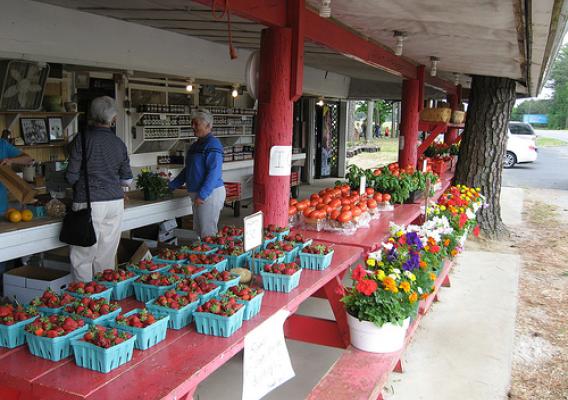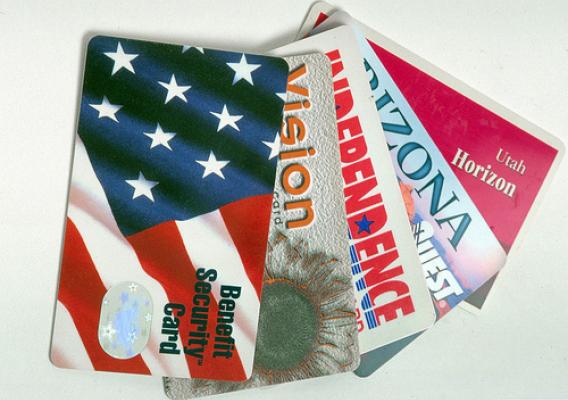Cross posted from the White House blog:
At USDA’s Food and Nutrition Service we are committed to keeping our vital nutrition assistance programs available to those who need them most. One way to do that is to ensure access. Another is to ensure integrity—Americans expect us to serve those in need, and they expect us to do so with accountability for the benefits provided.
That why today, as part of the Obama administration's ongoing Campaign to Cut Waste, we’ve announced a proposed rule that will provide States with additional tools to maintain integrity in the Supplemental Nutrition Assistance Program (SNAP), also known as food stamps. The proposed rule will help States identify and prevent fraud by allowing them to request client contact when there are excessive Electronic Benefit Transfer (EBT) card replacement requests by SNAP households. The rule also further clarifies the definition of what constitutes trafficking. These new tools are important because excessive card replacement requests by SNAP recipients may indicate that the client does not know how to use the card properly and needs additional help or training, or that fraudulent activity may be occurring that warrants further investigation by the State. To be clear, we expect most requests for replacement cards to be legitimate ones; however, it’s important that we take a closer look at those cases in which cards are replaced at an excessive rate.





